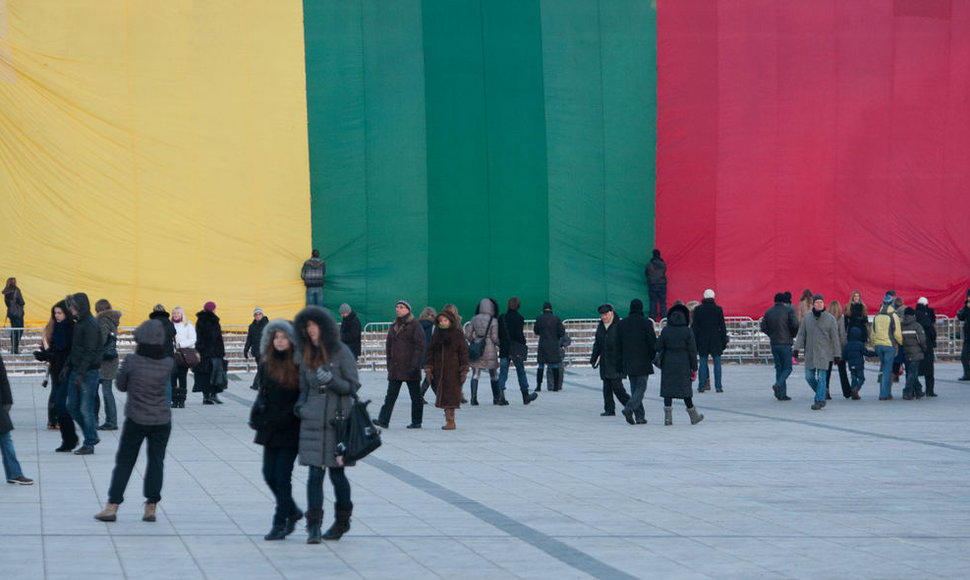The traditional survey gave its top score to the situation of political rights and civil liberties in Lithuania. Just like Lithuania, all EU countries were listed as free countries, even though Latvia, Bulgaria, Romania, and Greece received slightly lower scores.
According to the survey, two decades after the collapse of the USSR have not brought much freedom to the former Soviet republics. The US organization lists Belarus, Russia, Azerbaijan, Kazakhstan, Tajikistan, and Uzbekistan as not free, while Armenia, Georgia, Kyrgyzstan, Moldova, and Ukraine are partially free.
According to the annual report, complete freedom prevails in 90 countries, as compared with 87 in 2011. Nevertheless, 27 countries introduced new constraints on freedom of assembly and free speech, s well as media restrictions.
Authors of the survey say that democracy underwent a decline in 2012 for the seventh consecutive year, while the Arab Spring prompted alarmed authoritarian leaders to curb any manifestations of disobedience.
About 3 billion people, or 43 percent of the global population, can exercise all political and civil rights, while 1.6 billion people live in countries that are partially free.
Some 34 percent of the world's population (2.3 billion people) live in countries that were found to not be free.












